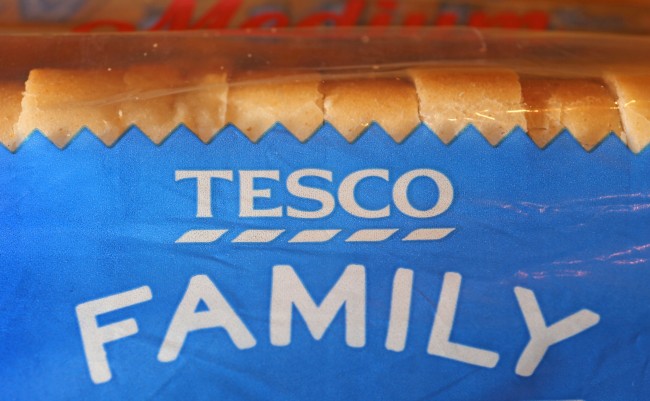What The Hell Is It That Tesco Has Done Wrong? This
DESPITE Tesco being a little bit less everyone’s favourite supermarket than it used to be it’s still a bit of a shocker to find out that the company has been lying about its profits. The question is though, what is it that they’ve been doing? As no one is coming right out with exactly what it is let’s try to work it out from what we are being told:
So how can £250m seemingly disappear from one of Britain’s biggest companies? The answer is in the complex, diverse and daily dealings that take place between a supermarket and the hundreds of companies that supply it with food.
Tesco said the shortfall in its profits is due to the “accelerated recognition of commercial income and delayed accrual of costs”. In other words, Tesco has been paying suppliers later and taking monies from them earlier than it should. The size of the black hole suggests this practice was widespread.
Well, obviously the Telegraph has managed to get that wrong. For accruals aren’t in fact about when a company pays someone, nor about when someone is paid. They’re about when someone says that they’ve been paid.
So what we’ve got here is not Tesco changing the dates of either when it pays people or when it collects money from them. Instead, we’ve got changes in when they say that these things have happened. For example, a supplier will pay the supermarket some money in order to get good shelf space in the stores. Such a deal will last for some time: might even be something that goes on all the time. So, if there’s an annual deal (say) then how much of the money from that should be in the first quarter results? The accounts for the first three months of the deal?
Well, you could say, hmm, we’ve only received two payments so far, because they pay us 30 days after invoice date, so that’s what’s in those accounts. You could say, well, we’ve had two payments and they owe us another one which we’re sure we’ll get: so put 3/12 of the whole deal in the first quarter. Or maybe we’ll put all of the 12 payments in that first three months because we’re pretty sure that we’ll get that money. All of those could be valid accounting techniques. All of them will give very different profit levels. And that’s really what the allegation (and admission) is about. Tesco’s been telling everyone that they’re getting the money before they actually do get the money. Nothing has changed about the time that the cash moves: only the time people get told it has moved does.
Posted: 23rd, September 2014 | In: Money 0 Comments | TrackBack | Permalink



